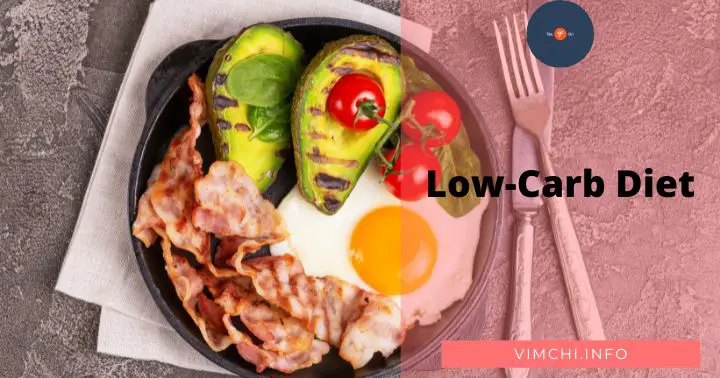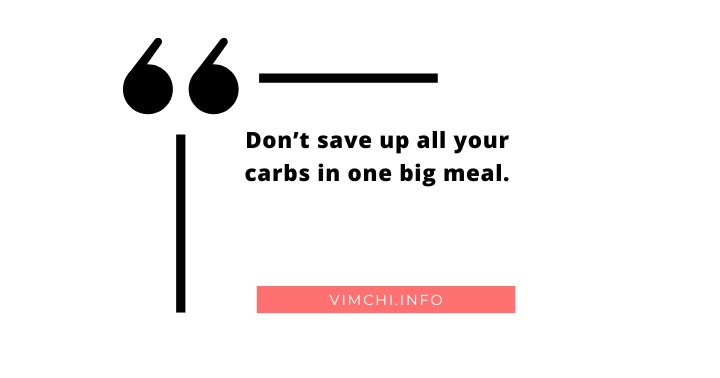
Ketogenic and carnivore are low-carb diets that everyone is raving about. These diets are controversial.
Some say that you don’t have to eliminate or lower your carb intake to lose weight. Others have proven that limiting carb intake is the way to a healthy heart.
In most scientific studies, low-carb diets are beneficial. But are they effective?
Are Low-Carb Diets Effective?
Several scientific studies showed that low-carb diets are effective in weight loss. They are practical because they can help in curbing your appetite, which causes automatic weight loss.
As you reduce your appetite, you don’t have to count calories.
But since it is a low-carb diet, you still need some carbs.
When you eat a 2,000-calorie diet, the daily value for carbs is 300 grams a day. If you wish to lose weight, you may cut it down to 50 grams a day.
As you restrict your carb intake, you are replacing the carbs with healthy fats, protein, and vegetables.
But this type of diet is not only beneficial if you are trying to lose weight. This diet has been proven to regulate blood sugar, blood pressure, and triglycerides.
What Constitutes a Low Carb Diet?
There’s no clear definition of what counts as a low-carb diet. The reason for this is that the carb intake of a person depends on age, gender, activity levels, personal preference, and several factors.
If you are physically active with more muscle mass, you can tolerate more carbs. By physically active means that you do a lot of high-intensity exercises.
On the other hand, if you are obese or with type 2 diabetes, your carb intake needs to drastically change.
Does Low Carb Diet Help You Burn Fat?
This type of diet can reduce your blood insulin level. Insulin is a hormone that brings glucose from carbs into the body’s cells.
Fat storage is one of the functions of this hormone. When you are on a low-carb diet, your insulin levels are reduced.
Because insulin tells the kidneys to retain sodium, reducing your carb intake will also help your kidneys to start eliminating excess water.
In the first few days of your low-carb diet, you can expect to lose up to 10 pounds of water weight.
But after the first week, your weight loss will slow down. If you maintain this diet, you may continue to decrease your fat mass.
What are the Rules to Follow on a Low-Carb Diet?
Pair Carbs with Protein, Fiber, and Fat
As you reduce your carb intake, you need to replace it with healthy fats and protein. The food that you eat with your carb also matters.
If you only drink a glass of juice for breakfast, the sugar in that drink will only be absorbed quickly. To avoid it, make sure to add fat, protein, and fiber to slow the sugar absorption down.
A handful of nuts, for instance, can be paired with a small piece of fruit to prevent a spike in your blood glucose.
Read: Keto Recipes to Burn Fat
Avoid Eating Carbs All at Once

Since you are limiting your carb intake, make sure to distribute it across the day. Don’t save up all your carbs in one big meal.
If you do it that way, you will only be overeating. The reason for this is that your body may tell you that you need carbs.
Don’t Eat Processed Food
A low-carb diet means it is not sugar-free. Rather, you are only lowering your carb intake. But if you want to get the most out of your sugar intake, you need to avoid processed food.
Instead, opt for whole, unprocessed, unsweetened foods.
If you are just starting, make sure not to go cold turkey overnight. Instead, you should slowly reduce your carb intake.
Limit added sugar while eating a moderate amount of carbs. They should be spread more among your meals.
You should also include protein and healthy fat. Don’t forget fiber.
What is the Best Low Carb Diet to Lose Weight?
The best low-carb diet is the diet that you can follow every day for the rest of your life.
Ketogenic Diet
This diet requires extremely low-carb but high-fat food. The goal here is to keep carbs so low to get your body into ketosis.
Ketosis is a state that causes your insulin levels to plummet. As a result, your body will use up fat stores.
These fat stores will be transferred to your liver and converted into ketones. They are water-soluble molecules that can cross your blood-brain barrier.
When you’re on ketosis, your brain will start relying on ketones.
The carbs in this diet are limited to 20 grams a day.
Carnivore Diet
It’s not a low-carb diet. Rather, it aims to zero in your carb intake. This diet does not allow plant-derived products, unlike the keto diet. That’s why it is called a zero-carb diet.
Because it is a zero-carb diet, you can’t eat fruits, vegetables, nuts, grains, legumes, and seeds. You should also eliminate some dairy products as they contain sugar and lactose.
Advocates of this diet said that today’s health issues are typically caused by ingesting plant toxins. You may read more about it here.
Animal foods, on the other hand, are regarded as the best source of nutrients for humans.
When you’re on a carnivore diet, your energy source comes from fat and protein food. There’s no specific amount of how much fat or protein you can eat.
Instead, you can just let your satiety guide you. It means that you should only eat when you’re hungry.
People who choose to follow this diet reported remarkable results. Some of them have alleviated their inflammatory conditions.
Both carnivore and keto diets are popular among those who wish to lose weight. However, there are few published studies regarding the benefits of these diets.
Ultimately, the best low-carb diet that is effective will depend on what works for you long-term.
Speak Now ... Or Forever Hold Your Peace